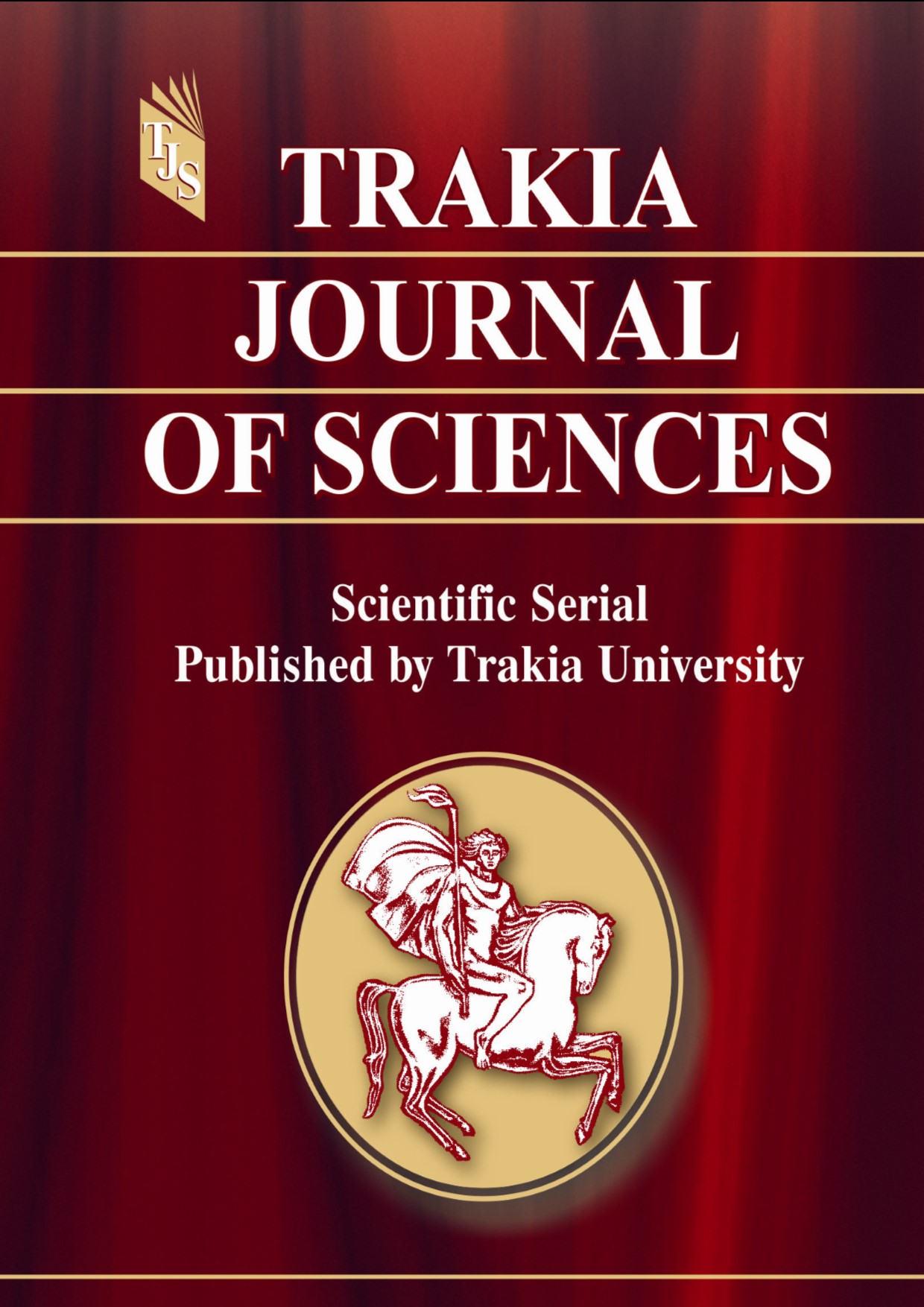ECONOMIC EFFICIENCY OF FARMS WITH SHEEP OF THE AWASSI BREED IN BULGARIA
DOI:
https://doi.org/10.15547/tjs.2024.02.004Keywords:
sheep, milk, fertility, live weight, feed, income, costs, profit, profitabilityAbstract
A study was carried out on the economic efficiency of three herds of the Awassi breed for the period 2021-2023. The animals included in the study amounted to 986 animals in 2021, and 996 animals in 2023.
The results of the survey show that during the survey period, herd renovations were carried out at the rate of 32.4%. By the same percentage, the number of rams was reduced, which significantly exceeded those required for the herds and made production more expensive.
All natural indicators have been improved. Milk produced for the study period increased by 28.22%, but the established milk yield of 126 liters was below the requirements of the breeding program of 160 liters per milking period.
The fertility of the breed increased and reached values of 144% with the requirements set in the breeding program at 110%. The live mass of lambs for sale increased by 4%, but the purchase price increased by 37.49% per 1 kg.
On average, farm income increased by 33.35% and expenditure by 27.62%. The increase in costs was due to the higher prices of fodder, which, with the exception of alfalfa hay in the village of Tankovo, was purchased from other farms.
In 2021, minimal profit was realized, and in 2023, there was satisfactory profitability, but with a low value of income and expenses.
The results of the study prove that farmers experience a dire need of land for the production of animal feed.
References
Stoenchev, D., Awassi - a breed of sheep for milk, Ago-consultant, NET, 2016.
Hinkovski, Ts., P. Donchev. The creation of dairy sheep farming - a condition for the specialization of the use of sheep in our country. The milk yield problem, pp. 21-30, 1976.
Hinkovski, Ts., Population diversity in the species of sheep in Bulgaria and problems of its preservation. The milk yield problem, pp. 21-30, 2015.
Farmer, BG, 2016. Awassi - a breed of milk sheep, 2016.
Dimov, G., N. Stancheva, S. Karakolev. Breeding program of the Awassi breed in Bulgaria, 2015.
Tyankov, St., Il. Dimitrov, Iv. Stankov, R. Slavov, D. Panayotov, Sheep breeding with goat breeding, Stara Zagora, p. 97-98, 2000.
Stoilova, E. Being a livestock breeder in Bulgaria, SINOR.BG, 2021.
Ivanova, T., E. Raycheva, V. Tsvetkova, Comparative study of the productivity of sheep from the Synthetic Bulgarian dairy population and their crosses with the Awassi breed, Livestock Sciences, 3, p.13-18, 2015.
Popova, J., St. Laleva, P. Slavova, Zh. Krastanov, S. Slanev, Economic efficiency of dairy and beef sheep farms in the intensive regions of the country. "Sheep breeding in our country and Europe". Sat. Scientific Reports, pp. 245-249, 2007.
Mihailova-Toneva, M., Economic efficiency of raising sheep from a synthetic Bulgarian dairy population. Livestock Sciences, 1, pp. 14-17, 2011.
Mihailova-Toneva, M., Economic evaluation of the efficiency of the production of sheep production from a synthetic population of Bulgarian dairy. Livestock Sciences, 3-6, pp. 46-51, 2016.
Harizanova, Ts., Determination of the minimum required rate of return on equity in dairy sheep farming in Bulgaria. Agricultural Science, 46 (No. 1), pp. 31-38, 2013.
Stankov, K., Economic evaluation of the sheep farm of Black-Headed Pleven sheep in the village of Hitrino, Shoumen district, TJS vol. 17, suppl. 1, pp. 133-137, 2019.
Stankov, K., Economic efficiency dairy synthetic population and Assaf sheep breed, Agricultural science and technology, vol. 12, № 1, pp. 42-46. 2019.

Downloads
Published
Issue
Section
License
Copyright (c) 2024 Trakia University

This work is licensed under a Creative Commons Attribution-NonCommercial-NoDerivatives 4.0 International License.


